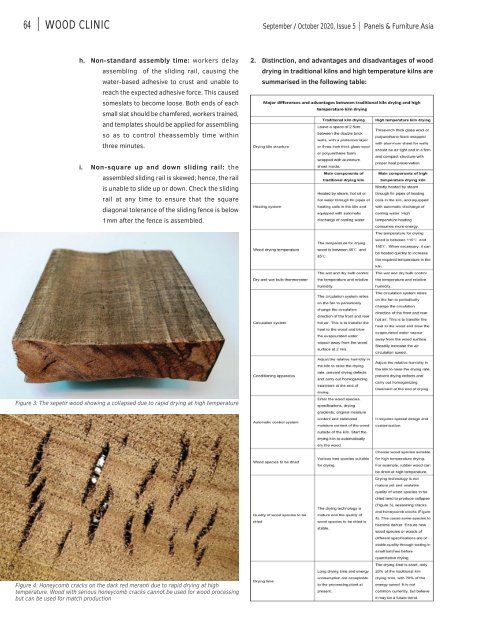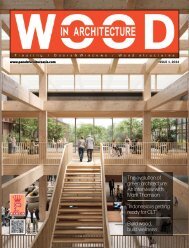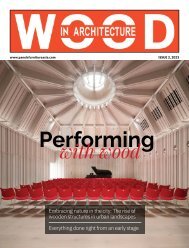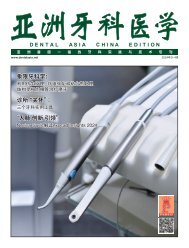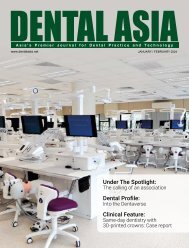Panels & Furniture Asia September/October 2020
Panels & Furniture Asia (PFA) is a leading regional trade magazine dedicated to the woodbased panel, furniture and flooring processing industry. Published bi-monthly since 2000, PFA delivers authentic journalism to cover the latest news, technology, machinery, projects, products and trade events throughout the sector. With a hardcopy and digital readership comprising manufacturers, designers and specifiers, among others, PFA is the platform of choice for connecting brands across the global woodworking landscape.
Panels & Furniture Asia (PFA) is a leading regional trade magazine dedicated to the woodbased panel, furniture and flooring processing industry. Published bi-monthly since 2000, PFA delivers authentic journalism to cover the latest news, technology, machinery, projects, products and trade events throughout the sector. With a hardcopy and digital readership comprising manufacturers, designers and specifiers, among others, PFA is the platform of choice for connecting brands across the global woodworking landscape.
Create successful ePaper yourself
Turn your PDF publications into a flip-book with our unique Google optimized e-Paper software.
64 | WOOD CLINIC<br />
<strong>September</strong> / <strong>October</strong> <strong>2020</strong>, Issue 5 | <strong>Panels</strong> & <strong>Furniture</strong> <strong>Asia</strong><br />
h. Non-standard assembly time: workers delay<br />
assembling of the sliding rail, causing the<br />
water-based adhesive to crust and unable to<br />
reach the expected adhesive force. This caused<br />
someslats to become loose. Both ends of each<br />
small slat should be chamfered, workers trained,<br />
and templates should be applied for assembling<br />
so as to control theassembly time within<br />
three minutes.<br />
2. Distinction, and advantages and disadvantages of wood<br />
drying in traditional kilns and high temperature kilns are<br />
summarised in the following table:<br />
i. Non-square up and down sliding rail: the<br />
assembled sliding rail is skewed; hence, the rail<br />
is unable to slide up or down. Check the sliding<br />
rail at any time to ensure that the square<br />
diagonal tolerance of the sliding fence is below<br />
1mm after the fence is assembled.<br />
Figure 3: The sepetir wood showing a collapsed due to rapid drying at high temperature<br />
Figure 4: Honeycomb cracks on the dark red meranti due to rapid drying at high<br />
temperature. Wood with serious honeycomb cracks cannot be used for wood processing<br />
but can be used for match production


